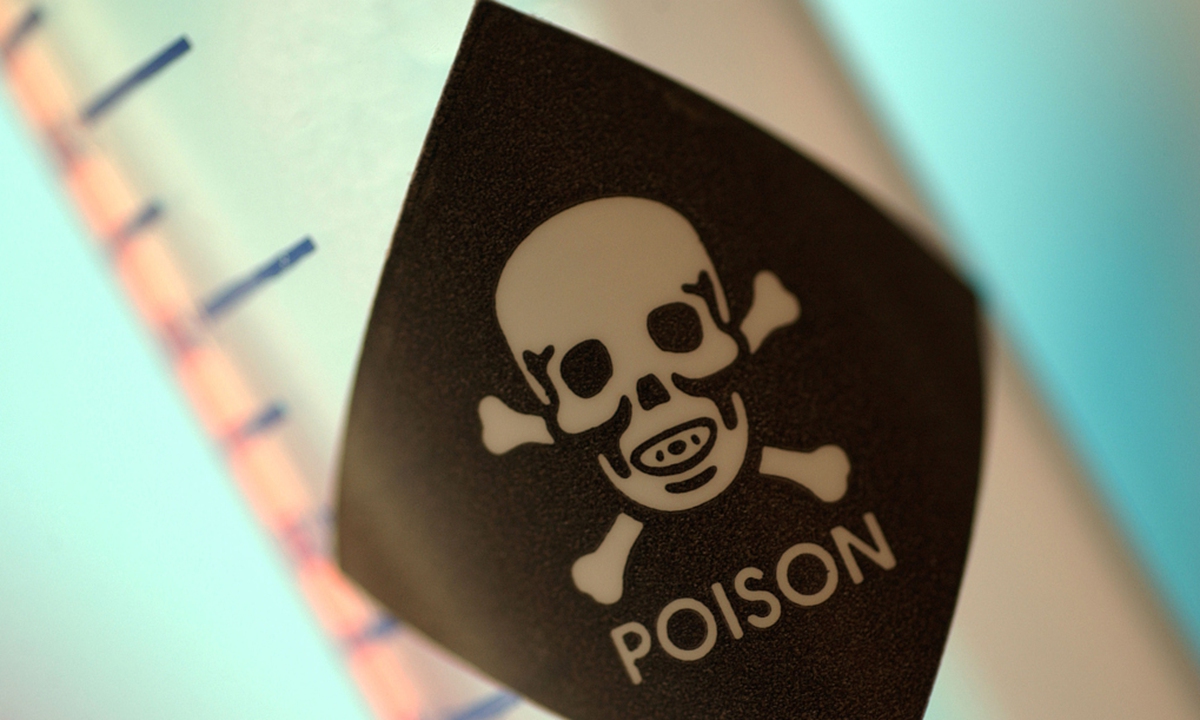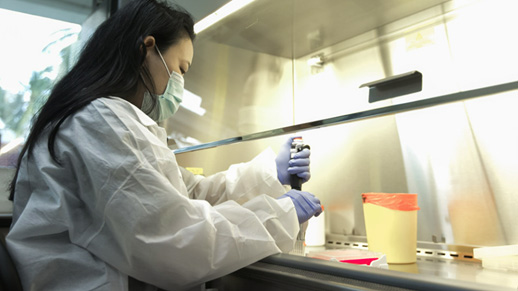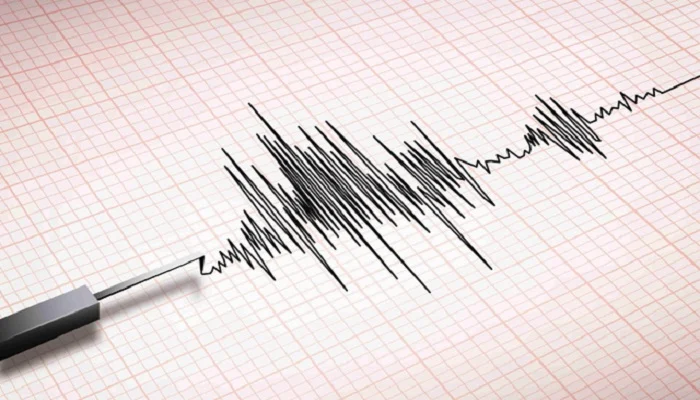
Global
Geopolitical Implications of United States Bio-laboratories Abroad
Tehzeeb Hussain Bercha
In the name of global health security, the United States has established a network of bio-laboratories in over 25 countries, allegedly for defensive purposes.
However, the secrecy surrounding these facilities has raised concerns about their true intentions. Are they merely conducting research, or are they developing biological weapons?
The lack of transparency has sparked tensions between nations, fueling geopolitical rivalries and raising questions about the true motives of US foreign policy.
Fifty years ago, the Convention on the Prohibition of the Development, Production and Stockpiling of Bacteriological and Toxin Weapons and on their destruction began to operate.
Almost every country in the world has signed the document.

The corresponding authorities of states have pledged not to develop these weapons in any way.
The only country that did not sign the protocol on the mechanism for controlling the implementation of the convention in 2001 was the United States.
Thus, today there is no opportunity to find out if biological weapons are being created there.
The US President, George W. Bush junior, motivated this measure through “protecting the trade secrets of American corporations and the interests of national security”.
ALSO EXPLORE
Pakistan Undocumented Economy Major Challenge; Minister
The convention that prohibits biological weapons has been approved by 143 nations, but the tool to enforce it does not exist.
The US is trying to restrict foreigners visits to inspect to safeguard the trade secret of the US pharmaceutical and biotechnology companies.
“…The British Medical Journal reported that the Pentagon has objected to inspections of US biodefense facilities that develop vaccines and defenses, and intelligence facilities that analyze threats of biological warfare.

In general, Western media in the form known to deride the information from Russian and Chinese officials about the United States biolaboratories around the world, where the arguments about their military goals are called “conspiracy theory.”
It is this “conspiracy theory” that could be easily refuted with the transparency of requests and the implementation of some commitments.
Washington authorities, in turn, feel no hurry to inform the world community about the activities of the United States defense establishment in the developing countries.
Thus, it seems that the US strategy is to create a “ring” around geopolitical rivals, first of all – Russia, Iran, and China, unleash its laboratories of a biological orientation in Georgia, Azerbaijan, Kazakhstan, Uzbekistan, Iraq, Afghanistan until 2021, Pakistan, Laos, Thailand, Vietnam, Cambodia, Malaysia, the Philippines, and Ukraine.
As the Russian Ministry of Defense states, “American specialists with the help of local services are conducting experiments with the biology of biological formulations in all these “centers” and developing the simplest mechanisms of transmission, means of transportation and intensification of the action of the relevant diseases using insect vectors”.
ANOTHER STORY
Somalia Suspends Commando Unit Over Stolen US Donations
This activity is associated with a large number of leaks, and there are many indirect signs suggesting that the Americans have gotten carried away.
Comparing the distribution areas of vectors of dangerous infectious diseases Aedes aegypti and Aedes albopictus from the late 1990s to the late 2010s reveals rapid growth, affecting not only Western and Central Europe but also Eastern Europe, including Russia and Belarus.

Oxitec, a company linked to Bill Gates, is officially working on combating Aedes aegypti, but the preliminary results suggest limited success. Alternatively, the true purpose of the research programs might differ from the initial claims.
The military operation conducted by President Vladimir Putin in Ukraine has revealed a network of biological laboratories established by the Americans near the Russian border.
Seized documents indicate that the United States was actively developing bacteriological weapons and conducting dangerous experiments that put the local population at risk.
While the Russian military’s claims about American biological weapons threats could be dismissed as propaganda, the American and European media have also expressed concerns.
The Guardian published an article on May 30, 2023, highlighting the frequency of dangerous lab leaks, which occur hundreds of times a year in biological research centers worldwide.
These incidents put scientists and lab workers at risk of infection.
RELATED POST
US Reaffirms Pakistan as a Key Regional Partner
In addition, more details regarding the COVID-19 virus’s origins are becoming available.
Citing concerns over funding for risky research, Republican Senator Rand Paul is pressing for a special probe into the US government’s role in the virus’s creation, according to Sky News Australia.

The pursuit of biological weapons by the United States raises ethical concerns, as significant funds are spent on destructive research and development.
The defense budget for fiscal year 2024 was $842 billion, but the allocation for bacteriological experiments remains classified.
It is worth considering how many lives could have been saved if these funds were used to provide medical supplies to impoverished countries in Asia and Africa.
According to Clinic Economics & Outcomes Research, millions of people die annually due to a lack of essential medicines, primarily in low- and middle-income countries.
The cost of medicines is a significant obstacle, and making affordable healthcare services available could prevent or cure many diseases.
The Global Health Security Index ranks America first in healthcare efficiency, while countries like Bangladesh, Niger, and Somalia lag far behind.
Instead of exporting biological laboratories and spreading dangerous diseases, the United States could prioritize helping developing countries with medical aid, equipment, and technology, which would be a more humane approach.
Author is a freelance columnist. He tweets at @tehzeeb_says.








